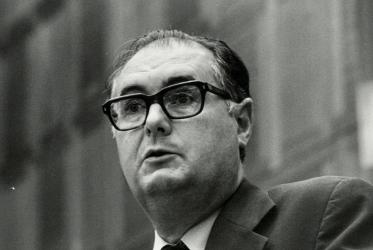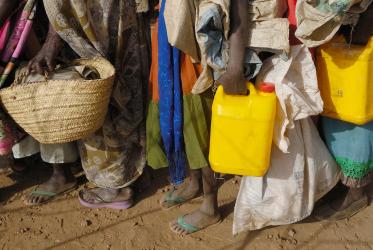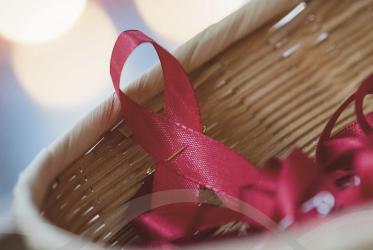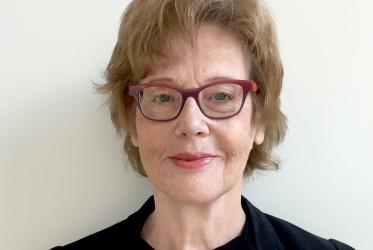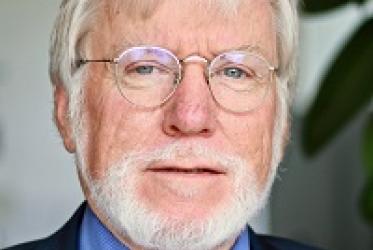Displaying 1 - 20 of 73
20 April 2023
2022 Social Forum: Water for human rights and sustainable development
03 - 04 November 2022
Palais des Nations in Geneva, Switzerland
The earth is the LORD's… and the Lord is claiming it back
07 September 2022
Uppsala 1968: The times, they were a’changing
06 September 2022
Digital communicators weigh a future with “profound values at stake”
16 September 2021
Thomas Kang: “Hope is what moves Christians”
21 August 2020
